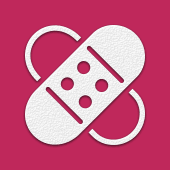
Recovery Timeline
These recovery timeframes vary from patient to patient. They are provided as a rough estimate of your recovery process, but many factors will affect your actual recovery times. Talk to your donor coordinator if you have any concerns.
- 2 days: Discharge from hospital
- 10 days: You'll be able to perform household chores.
- 14 days: You'll be able to drive a car, after clearance from the transplant team.
- 21 days: You'll be allowed to return to work.
- 25 days: Aerobic exercise, jogging, swimming.
- 1 month: Lift up to 20 pounds. (Such as a baby, groceries, or a cat).
- 6 weeks: Participate in low-impact sports.
- 6 months: If female, you'll be recovered enough to pursue pregnancy.




